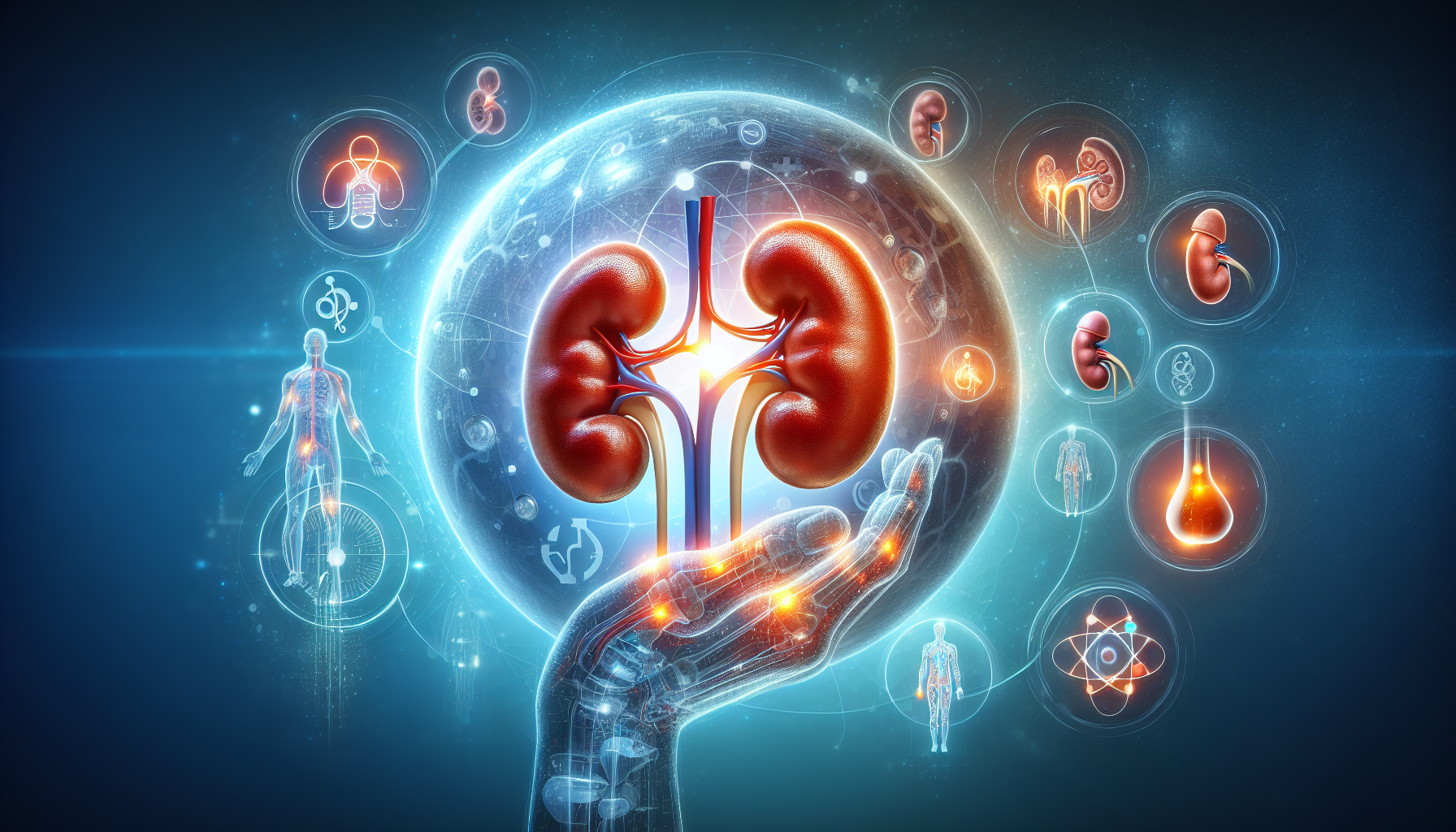Exploring Lifileucel Therapy in Advanced Lung Cancer
Key Takeaways
- Lifileucel therapy, using a patient's own expanded tumor-infiltrating lymphocytes, has shown a 21.4% objective response rate in advanced non-small cell lung cancer cases with some significant tumor reductions.
- The treatment involves preconditioning with cyclophosphamide and fludarabine, followed by TIL infusion and interleukin-2 administration, but comes with substantial risks of severe adverse effects.
- The study underscores the potential of personalized immunotherapies in treating refractory NSCLC, paving the way for further research to optimize and combine Lifileucel with other treatments.
Did You Know?
Introduction to Lifileucel in NSCLC Treatment
Lifileucel therapy, a novel autologous tumor-infiltrating lymphocyte (TIL) treatment, has shown promising results in a recent study involving patients with metastatic non-small cell lung cancer (NSCLC) who had previously undergone extensive treatments. This therapeutic approach utilizes the patient's own immune cells, specifically lymphocytes harvested from the tumor, which are then expanded in the lab and reintroduced into the patient to target cancer cells more effectively.
Study Details and Patient Responses
In a phase 2 trial, researchers evaluated the efficacy of Lifileucel in patients with advanced NSCLC. They noted an objective response rate of 21.4% with some patients experiencing significant reductions in tumor size. Impressively, one patient achieved a complete metabolic response. Such findings underscore the potential of Lifileucel to offer a new avenue for those who have limited treatment options available due to previous treatments or specific genetic profiles of the cancer.
Moreover, the treatment was administered after preconditioning with cyclophosphamide and fludarabine, followed by a strategic infusion of the prepared TILs. The subsequent administration of interleukin-2 was crucial to support the survival and activity of these immune cells post-transplant.
Adverse Effects and Clinical Considerations
Despite the encouraging outcomes, the treatment was associated with high incidences of treatment-emergent adverse effects. Most patients experienced symptoms like chills, hypotension, and fever, which were manageable but notable. Severe complications did occur, including cases of febrile neutropenia and some fatalities resulting from complications like cardiac failure. Such risks highlight the need for careful patient selection and monitoring during treatment with Lifileucel.
Broader Implications for Lung Cancer Treatment
The success of this study not only paves the way for additional research but also highlights the potential of personalized immunotherapies in lung cancer care. The ability of Lifileucel to induce significant tumor shrinkage, even in previously treated, refractory cases of NSCLC, offers hope for more effective treatment modalities based on individual patient profiles.
Future studies will undoubtedly focus on optimizing dosing strategies, minimizing side effects, and potentially combining Lifileucel with other treatments to enhance its efficacy and applicability across different patient groups.






